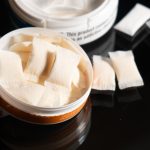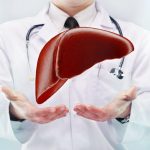
FRIDAY, Nov. 17, 2023 (Healthday News) — Scams are nothing new and older folks are known to be vulnerable to them, but a new poll adds another sad fact to the familiar story. Among people aged 50 to 80, those who reported being in fair or poor physical or mental health, those with disabilities and those who rated their memory as fair or poor were more likely than their healthier peers to say they’d been the victim of fraud. The study “adds important new data to ongoing efforts to reduce the devastating toll of scams on older adults’ finances and well-being,” poll director Dr. Jeffrey Kullgren said in a news release. “We also found that no matter what their health status, older adults feel strongly that government and businesses should do more to educate and protect against scams.” Overall, three of every four older adults said they have experienced a fraud attempt by phone, text, email, mail or online in the past two years, while 39% said they’ve been victims of at least one scam. But the poll uncovered an especially strong link between poor health and their vulnerability to scams – both being able to spot one and becoming the victim of one. Even if they’d hadn’t been scammed, older adults with health issues were more likely to lack confidence in their ability to… read on > read on >


















